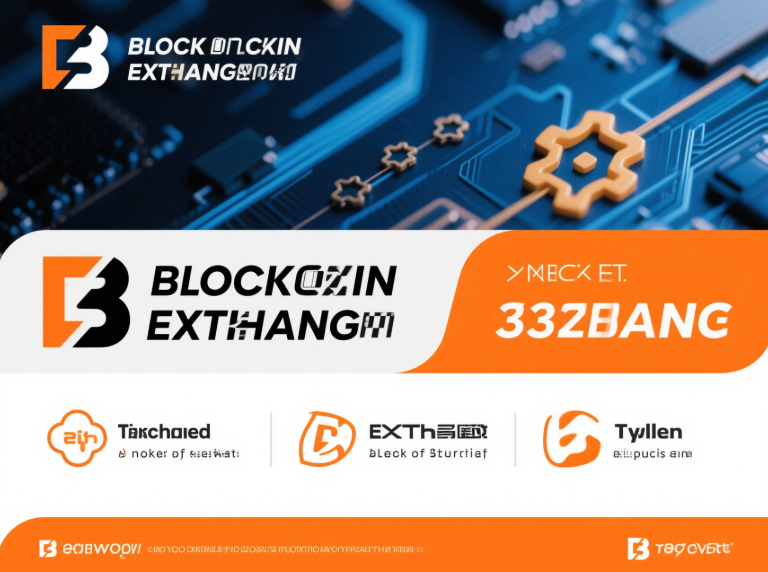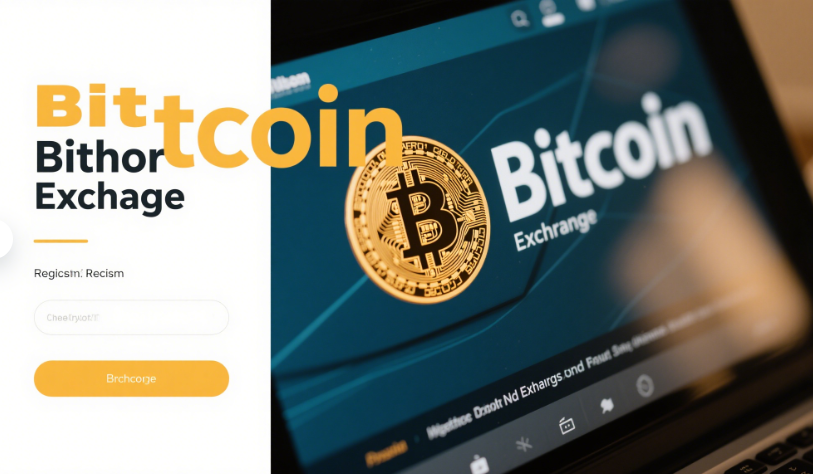In the rapidly evolving cryptocurrency market, blockchain exchanges serve as a vital bridge between traders and investors. As Bitcoin, Ethereum, and other digital assets gain global popularity, an increasing number of individuals are beginning to engage with this disruptive technology. However, for many newcomers, effectively trading and selecting the right exchange can be a significant and complex challenge.
In this article, we will delve into the role of blockchain exchanges, understand their importance in the crypto sphere, and analyze the various reasons for choosing to trade on exchanges. Whether you are a newcomer or an experienced investor, this article aims to provide valuable insights that will enhance your understanding and trading experience.
1. Basic Concept of Blockchain Exchanges
Let's start with the basics. A blockchain exchange is a platform that allows users to trade various cryptocurrencies. Based on their operational models, exchanges can be categorized into centralized exchanges (CEX) and decentralized exchanges (DEX). Centralized exchanges like Binance and Coinbase facilitate trades through intermediaries, while decentralized exchanges like Uniswap enable users to trade directly with one another without relying on third parties.
Functions of Exchanges
Regardless of whether an exchange is centralized or decentralized, they share several core features:
Order Matching: Facilitating the coordination of buy and sell orders to ensure smooth transactions.
Asset Custody: Providing secure asset storage services for users, preventing loss due to hacking or other security breaches.
Liquidity Provision: Ensuring that users can quickly execute trades at market prices through buy and sell orders.
2. The Role and Importance of Exchanges
1. As Liquidity Providers
Liquidity is the lifeline of any market. Exchanges provide convenience and quick trading experiences by aggregating numerous buy and sell orders for users. When you wish to purchase or sell a cryptocurrency, an exchange can rapidly match you with a suitable counterparty. The stronger the liquidity, the faster and more transparent the trading process will be, which is crucial for both speculative and long-term investors.

For example, with Binance’s vast user base and highly active market, users can almost always find suitable buyers or sellers when they need to trade, reducing trading costs and enhancing market efficiency.
2. Facilitating Market Price Discovery
Exchanges play a vital role in market price discovery through real-time transaction data. Prices reflect the supply and demand dynamics of the market, and exchange data helps investors observe trends and make more informed investment decisions. By monitoring price fluctuations over different time periods, investors can identify market sentiment and predict future price movements.
For instance, if a cryptocurrency's price suddenly rises on an exchange, this may indicate growing demand in the market. Such information is crucial for investors, enabling them to adjust their investment strategies promptly.
3. Providing Security and Regulatory Assurance
For many new investors, selecting a trustworthy exchange is an essential step for ensuring asset security. Most centralized exchanges implement various safety measures, such as cold storage and two-factor authentication, to protect users' assets. Furthermore, legitimate exchanges operating in certain countries must adhere to local financial regulations, providing additional security.
For example, Coinbase is regulated in the United States and regularly publishes audits to enhance user trust. For newcomers, choosing exchanges with strong security records and regulatory backgrounds is of utmost importance.
3. Reasons to Choose to Trade on Exchanges
1. Convenience and User-Friendliness
For novice investors, a user-friendly interface and convenient trading process are significant reasons for choosing an exchange. Many major exchanges, such as Kraken and Huobi, offer friendly interfaces that enable users to easily navigate complex crypto terms and trading mechanics.
For instance, features like real-time pricing, quick buy and sell functionalities, and live order book depth visualization create a smoother trading experience for users. Particularly for newcomers, a clear interface and straightforward operational steps can significantly lower their learning curve.

2. Diverse Trading Options
Blockchain exchanges typically offer a wide array of trading pairs and investment choices, including a variety of major and niche cryptocurrencies. Whether it involves stablecoins, token trading, or futures contracts, investors can generally find suitable products at exchanges.
For example, Binance supports not only major cryptocurrencies like Bitcoin and Ethereum but also various emerging tokens and even NFTs. This diversity allows investors to adjust their investment directions based on market trends and personal preferences.
3. Educational Resources and Community Support
Many exchanges provide abundant educational resources to assist users in understanding industry dynamics and trading strategies. For example, Coinbase has its learning center featuring video tutorials and articles to help new users grasp the basic concepts of cryptocurrency and trading techniques. Additionally, active communities mean users can interact on forums or social media, sharing experiences and insights with other investors.
Through these resources, novice investors can continually improve their knowledge and skills, no longer feeling isolated or helpless.
4. Incentives and Reward Mechanisms
Exchanges typically implement various incentive measures, such as low trading fees, cash back, and referral rewards, to attract new users or motivate existing users' trading behaviors. These motivating strategies lower trading costs for investors, making them more likely to choose specific exchanges.
For instance, Huobi often holds trading competitions and offers rewards for new user deposits, which can significantly attract new users and boost trading interests.
4. The Rise of Decentralized Exchanges
As blockchain technology continues to evolve, decentralized exchanges (DEXs) are emerging as a significant part of the market. DEXs like Uniswap and PancakeSwap allow users to trade directly through smart contracts without relying on central authorities. While decentralized exchanges offer numerous advantages, they also face challenges, such as potentially lower market liquidity and user security issues.

If you are interested in decentralized finance (DeFi), using DEXs for trading might appeal to you, as it enhances your control over your assets while enjoying the privacy benefits that decentralization provides.
In summary, blockchain exchanges are indispensable elements in cryptocurrency trading. Their role extends beyond merely matching trades; they are also liquidity providers, market price discoverers, and protectors of user security. For new investors, selecting the right exchange is crucial, as it directly impacts your trading experience and investment choices.
As the crypto landscape continues to evolve, understanding the role of blockchain exchanges and the reasons for choosing to trade on them will equip you to navigate the trading and investing landscape of digital assets more effectively. In this opportunities-laden and challenging market, may you find a suitable exchange and seize every investment opportunity!
















No comments yet